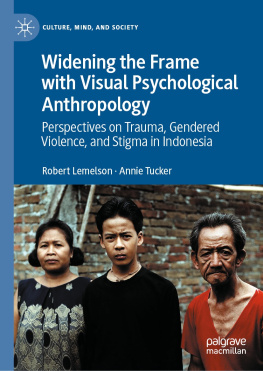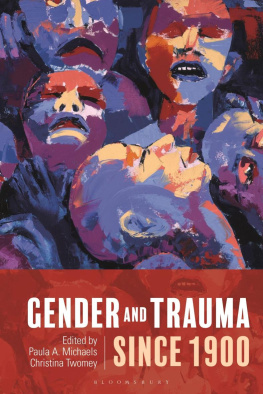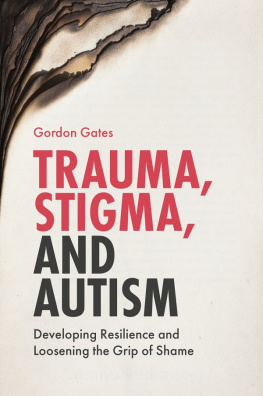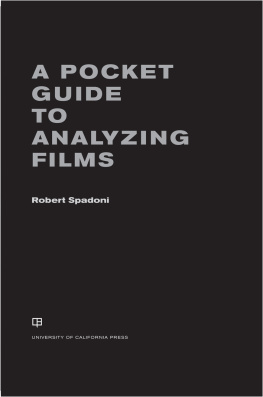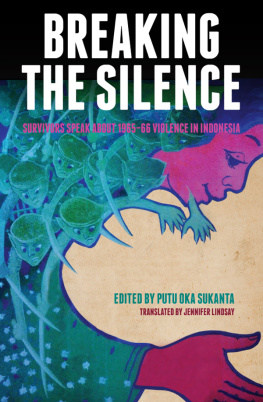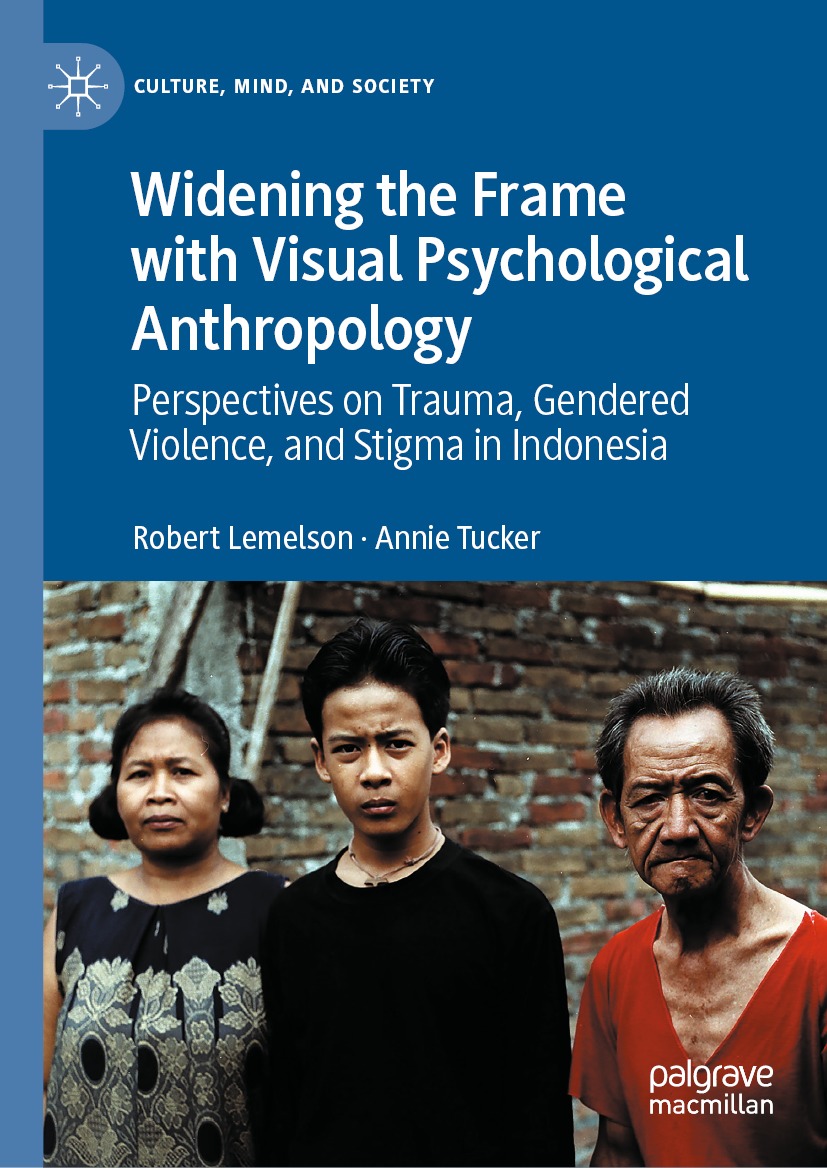Culture, Mind, and Society
Series Editor
Yehuda C. Goodman
Department of Sociology and Anthropology, The Hebrew University of Jerusalem, Jerusalem, Israel
The Society for Psychological Anthropologya section of the American Anthropology Associationand Palgrave Macmillan are dedicated to publishing innovative research that illuminates the workings of the human mind within the social, cultural, and political contexts that shape thought, emotion, and experience. As anthropologists seek to bridge gaps between ideation and emotion or agency and structure and as psychologists, psychiatrists, and medical anthropologists search for ways to engage with cultural meaning and difference, this interdisciplinary terrain is more active than ever.
Editorial Board
Eileen Anderson-Fye, Department of Anthropology, Case Western Reserve University
Jennifer Cole, Committee on Human Development, University of Chicago
Linda Garro, Department of Anthropology, University of California, Los Angeles
Daniel T. Linger, Department of Anthropology, University of California, Santa Cruz
Rebecca Lester, Department of Anthropology, Washington University in St. Louis
Tanya Luhrmann, Department of Anthropology, Stanford University
Catherine Lutz, Department of Anthropology, University of North Carolina, Chapel Hill
Peggy Miller, Departments of Psychology and Speech Communication, University of Illinois, Urbana-Champaign
Robert Paul, Department of Anthropology, Emory University
Antonius C. G. M. Robben, Department of Anthropology, Utrecht University, Netherlands
Bradd Shore, Department of Anthropology, Emory University
Jason Throop, Department of Anthropology, University of California, Los Angeles
Carol Worthman, Department of Anthropology, Emory University
More information about this series at http://www.palgrave.com/gp/series/14947
Robert Lemelson and Annie Tucker
Widening the Frame with Visual Psychological Anthropology
Perspectives on Trauma, Gendered Violence, and Stigma in Indonesia
1st ed. 2021

Logo of the publisher
Robert Lemelson
Department of Anthropology, UCLA, Los Angeles, CA, USA
Annie Tucker
Elemental Productions, Pacific Palisades, CA, USA
Culture, Mind, and Society
ISBN 978-3-030-79882-6 e-ISBN 978-3-030-79883-3
https://doi.org/10.1007/978-3-030-79883-3
The Editor(s) (if applicable) and The Author(s), under exclusive license to Springer Nature Switzerland AG 2021
This work is subject to copyright. All rights are solely and exclusively licensed by the Publisher, whether the whole or part of the material is concerned, specifically the rights of translation, reprinting, reuse of illustrations, recitation, broadcasting, reproduction on microfilms or in any other physical way, and transmission or information storage and retrieval, electronic adaptation, computer software, or by similar or dissimilar methodology now known or hereafter developed.
The use of general descriptive names, registered names, trademarks, service marks, etc. in this publication does not imply, even in the absence of a specific statement, that such names are exempt from the relevant protective laws and regulations and therefore free for general use.
The publisher, the authors and the editors are safe to assume that the advice and information in this book are believed to be true and accurate at the date of publication. Neither the publisher nor the authors or the editors give a warranty, expressed or implied, with respect to the material contained herein or for any errors or omissions that may have been made. The publisher remains neutral with regard to jurisdictional claims in published maps and institutional affiliations.
Cover illustration: Robert Lemelson. Used with permission
This Palgrave Macmillan imprint is published by the registered company Springer Nature Switzerland AG
The registered company address is: Gewerbestrasse 11, 6330 Cham, Switzerland
To the memory of Dorothy Lemelson, with the deepest love, admiration, and respect.
Blessed is the righteous judge.
Series Editors Preface
Robert Lemelson and Annie Tuckers book is a textual ethnography of ethnographic films. The films discussed inquire into central inter-related issues in the anthropology of sufferingtraumas and their effects, gendered violence, and stigmatization. They were all produced based on Lemelsons long-term fieldwork in Indonesia. 40 Years of Silence (2009) documents political and psychological traumas of the mass killings in 19651966; Bitter Honey (2015) follows familial violence that comes with polygamous marriages; and Standing on the Edge of a Thorn (2012) presents family dynamics around poverty, mental illness, and gendered ethics of marriage and sexuality. The filmsto be watched before and alongside reading the bookuse various cinematic techniques and genres. Yet, the topics selected and the methods used underline core paradigmatic stances of psychological anthropologyclosely following individuals experiences and doing so within their social contexts, cultural logics, and political milieus. Indeed, the authors suggest that through making and watching them, ethnographic films become crucial vehicles to reflect upon, inquire into and teach about personal lives as experienced in their broader contexts. By describing, interpreting, and analyzing the diverse contexts and deliberations through which these films were produced and outlining their theoretical significance, Visual Psychological Anthropology (VPA), as the authors call this unique field, receives new depths. Hence, the book offers fruitful paths for future collaborations between visual and psychological anthropology beyond accompanying the films. In particular, theorizing the process of visually translating human intimacy is achieved by offering four layers: Interpreting the films contents, documenting the fieldwork, discussing the editorialwork, and deliberating epistemological and moral concerns.
First, interpreting the various personal and interpersonal experiences documented in the films within the politics, social dynamics, culture logics, and history of modern Indonesia. Violence, traumas, stigmatization, and de-stigmatization, the authors argue, are tied up with political oppression that echoes social discrimination. The films broader context is thus linked with poverty and suffering within families and their losses, conflicts, and the subjugation of women. Individual emotional responses, like shame (malu) or anger (marah), are deeply gendered forms. Further, local religiosities shape ethics of surrender, patience, helping others, resilience and activism.
Second, introducing the complicated research and the in-depth, person-centered interviews and conversations that allow the production of such films. This aspect lies at the base of an ethnography of ethnographic filmsinviting readers to thorough visits behind the scenes. The authors share how the research unfolded and how longitudinal collaborations and relationships with participants and advisors were evolving. They also discuss the personal interactions in the field and local notions about sharing (or not) painful experiences in public and the downplaying of conflicts and negative feelings.

